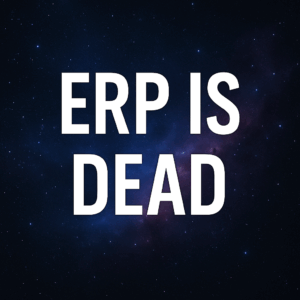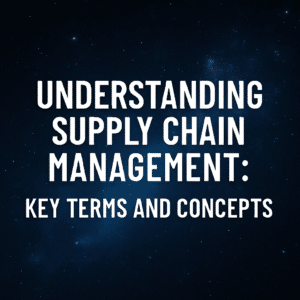Abraham Maslow proposed a psychological theory in the 1940-50s which has been greatly studied and used in a variety of contexts over the decades.
His theory proposed that humans have a number of needs that can be viewed in a hierarchical way. He stated that people are motivated to achieve a variety of needs, with some taking priority over others.
In other words, the needs at the bottom of the hierarchy must be fulfilled in order for the next level of needs to be achieved. The current level of needs is what drives and motivates us until the next level is achieved.
This theory can be applied to employee motivation levels within a business context, with reference to how motivated people are during a transformation project.

It can help to determine whether your colleagues are acting as “motivators” or “demotivators” within your project and thus, tailored engagement approaches can be devised in order to move people up the hierarchy.
For example, if you have an employee who is at the “Esteem” level in the hierarchy, a good approach should encourage them to continue with their current ways of working and reward that positive behaviour via an established recognition scheme. If your project does not have one of these, it would be a good idea to develop one!
These colleagues are good candidates to include in your Change Champion networks as they can help drive others to become more motivated and proactive.
However, if you have an employee who is at the “Safety” level in the hierarchy, you may want to use active listening and empathy in order to understand why they are unable to achieve the needs in the “Belonging” category.
Once you understand the reasons why the person is struggling, you will be better able to support them and design an approach which addresses their concerns in a more personal manner.

You should be aiming for the majority of people who are impacted by your project to be in the “Motivator” categories, whilst accepting that not every person will be able to achieve this. Having the majority of people as motivators will have a significant impact on the overall morale and performance of the project team and increase your chances of a successful delivery and embedment post go-live.
If you have any questions regarding Organisational Change Management or employee motivation – feel free to reach out to me directly. Looking for to connecting!





